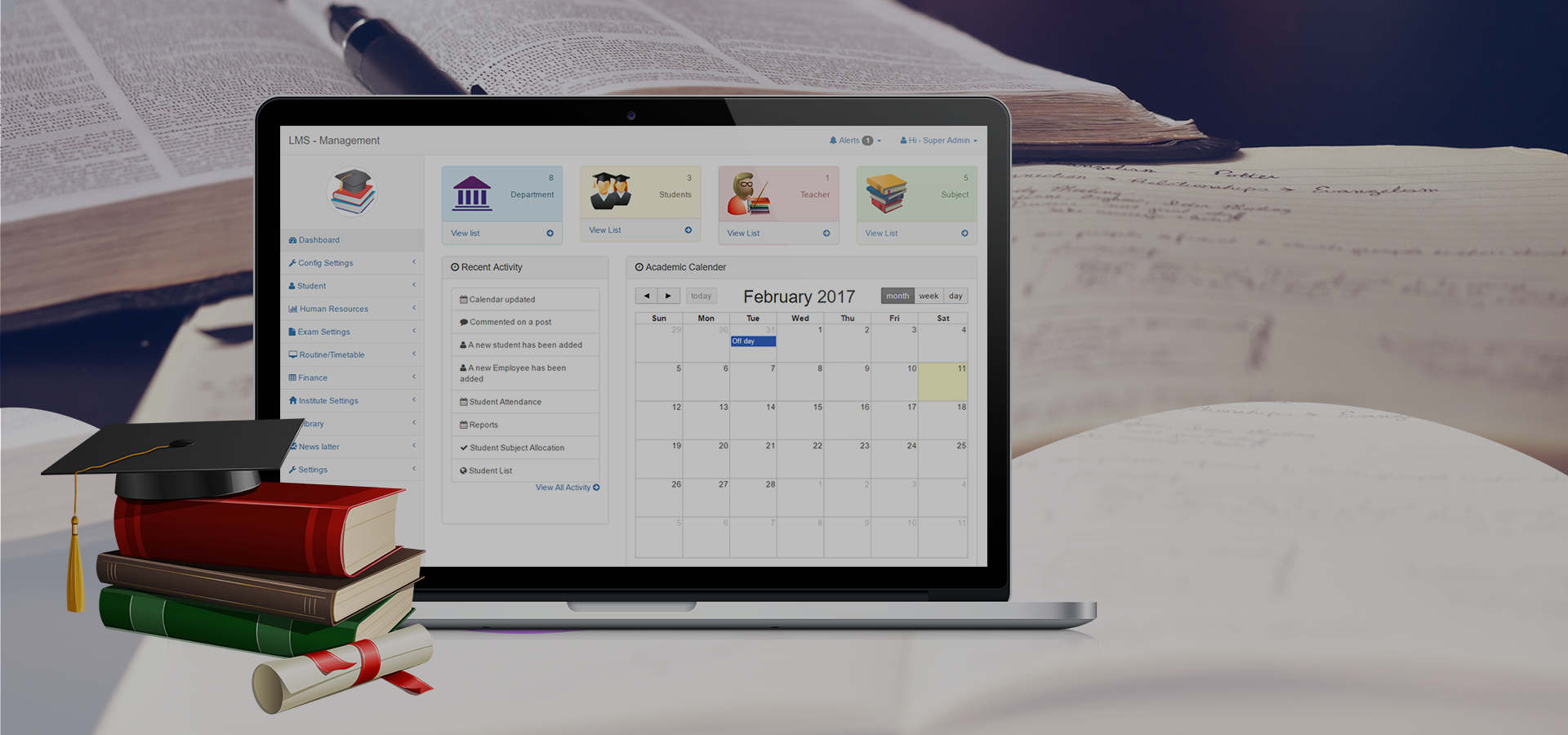COVID update: We have been completely functional remotely with our full team strength. Always open to support our customers.
ERP corresponds to the acronym in English for Enterprise Resource Planning, which we could say as business resource planning in more accessible terms. In this sense, when we speak of an ERP system, we refer to structural software designed and programmed to regulate the correct administration of any company type.
Among the functions of an ERP software system is to automate all operational and productive aspects of the company, with the consequent savings in time and costs. It must respond to the objectives of guaranteeing efficiency and optimizing all available resources. They allow the company’s vital signs to be controlled in real-time, further dividing it into interconnected modules that adjust to business performance like a tailored suit.
Why use ERP systems
An ERP system for SME’s happens to be responsible for the comprehensive management of a company, irrespective of the sector that it occupies. Its primary utility, we could say in short, is to facilitate and improve administration. The ERP system articulates all the processes, including managing accounting, warehouse and stock management, controlling production costs, streamlining human resources, keeping a complete sales management up to date, and, ultimately, providing a coordinated response to the endless variables affect the daily performance of the company.
The ERP system, being moldable in nature, can be used and coupled to practically any type of business, food, distribution of goods, commerce, etc. It supposes a strong impulse to a company’s economy since, through the system, specific standards of quality and viability are assumed, which are contrasted continuously with reliable data of the market in which it competes. This also means helping to understand the company’s true potential better and designing the entire action program from a solid base.
Benefits of the ERP System
Implementing an ERP system company does not have to be quick or easy. It requires an appropriate study for each case and necessarily involves an investment part. However, considering the rapid advancement and success of this type of software, experience says that it also offers an incredible number of advantages.
The first immediate benefit to be gained is that it simplifies management tasks. By centralizing all the information that our company generates in a single database, on the one hand, it streamlines communication and decision-making. It allows us to anticipate the next steps realistically and straightforwardly.
Another advantage of implementing ERP is that we have greater control of the organization and monitor the product. Each module is interconnected so that the different departments have instant information on the production and distribution chain.
And without a doubt, the most significant benefit is the economic one, since ensuring efficiency implies a savings component. Once initial investments are saved, the reduction gets applicable to all the facets of the companies. The greater efficiency achieved, the decline in the number of errors, and the reduction of duplicate tasks reduce business costs, increasing the profit margin.
RELATED ARTICLES
Request a quote or Talk to an expert
We guarantee a response in 6 hours or less. And the best bang for your buck.








